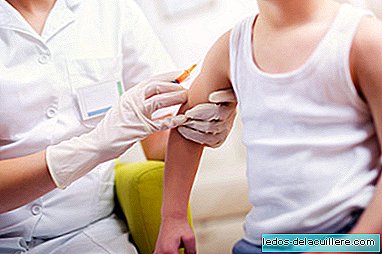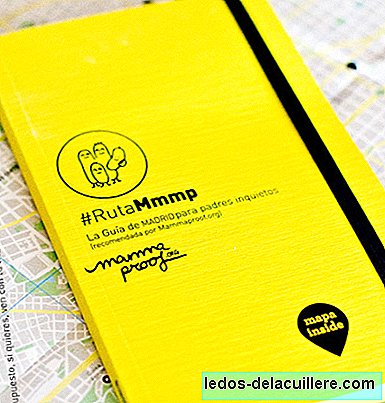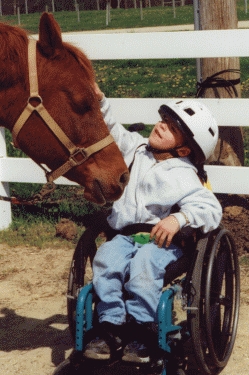
Yesterday, January 1, and on time for the appointment as every year, the Vaccine Advisory Committee of the Spanish Association of Pediatrics published the vaccine schedule which they recommend for the year that has just begun, which is not mandatory for the autonomous communities, but which does represent The Guide on which they should be based to standardize the different vaccine schedules of each community, and finally reach the long-awaited unique calendar.
This year there are few news because in previous years there have been enough changes. Anyway we will explain it to you below.
Vaccine calendar 2018

If we compare the first 15 months with those of last year, we will see that there is no change. The three doses of hexavalent vaccine are maintained (instead of four as it was until 2015), the three doses of pneumococcal vaccine (better known as Prevenar), which has been taking place in all the autonomous communities of the country for a year, two doses of Meningitis C (instead of three as it was until 2015), a dose of the triple viral vaccine of measles, rubella and mumps and a dose of the chickenpox vaccine.
The Vaccine Advisory Committee recommends vaccination with the meningitis B (Bexsero) vaccine, despite not being subsidized, establishing the initial guideline in 2, 4 and 6 months for primary vaccination, and a recall between 12 and 15 months. In this case, to avoid combining the doses with the systematic ones, it is recommended administer with a margin of 15 days. Thus, if, for example, hexavalent and Prevenar is administered at 2 months, the recommendation is to administer Bexsero at 2 months and 15 days.
Finally, vaccination with the rotavirus vaccine is also recommended, either with the Rotateq preparation, which is administered in three doses (2, 4 and 6 months), or with the one known as Rotarix, which is administered in two doses ( 2 and 4 months).
The changes compared to 2017
After the 15 month barrier, the few changes come this year:
It is suggested to use a tetravalent vaccine at 2-4 years, formed by the measles, rubella, mumps and chicken pox, as a possible alternative to administration with two separate vaccines (triple viral on one side and chicken pox on the other).
The administration of papilloma vaccine to girls and boys (although the state, for now, only subsidizes it for girls), in the recent version Gardasil 9, which contains 5 serotypes more than the previous version.
With the recent appearance in pharmacies of ACWY meningitis vaccines (it is a version that contains meningitis vaccines A, C, W and Y, rare in Spain), it is recommended to carry out personalized advice in adolescence, thinking especially of those young people who travel or have contact with travelers. The AEP itself suggests that this vaccine be administered in case of:
Adolescents from 14 years (14-18) who will reside in countries where the vaccine is indicated, such as the USA. o United Kingdom.
The rest is the same as last year, and that's why we don't mention it.












